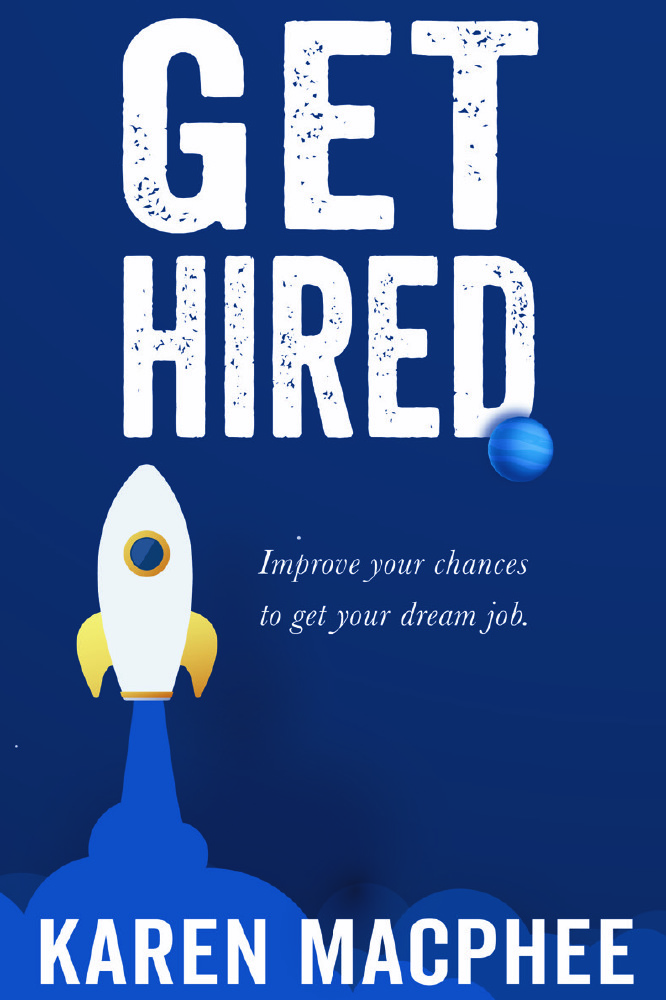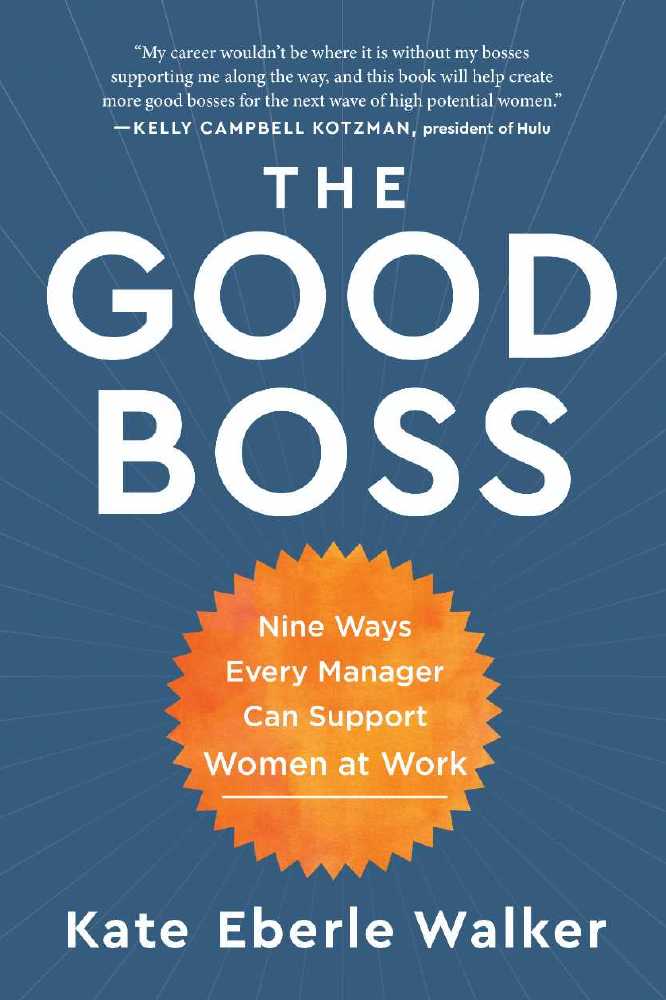Business coach and recruitment expert Karen Macphee shares her tips for nailing interviews and landing the job of your dreams in the competitive Covid-era employment market.

Get Hired
In March last year it felt as though the world had stopped spinning. As the pandemic started to hit and we were all told to work from home, life for many of us hit the buffers. To start with, we enjoyed the novelty of it, plus the bonus of springtime sunshine. But quickly enough frustrations began to appear, and many felt anxious about what this would this mean for the future. Would jobs that existed before Covid-19 still be there once the world -we hoped - went back to normal?
Over a decade ago, another catastrophe hit: the global financial crisis and the recession the followed. The credit crunch brought about the collapse of huge financial institutions as quickly as a line of dominoes. Widespread job losses in the sector had far-reaching consequences as financial institutions became wary about their leading support.
Both the credit crunch and the pandemic share a similar outcome; they caused significant redundancies and the losses of familiar commercial companies which disappeared from the high street. From a recruitment perspective, the pool of candidates across all sectors has grown exponentially and the number of jobs available has decreased or radically changed. For those who may have had a lengthy career and suddenly lost their jobs, the thought of needing to adapt and embrace the market changes can seem really daunting. Equally, for graduates entering the jobs market the climate is unprecedented. Candidates are unsure of the mechanics of the new recruitment process.
Although scary, change can provide the opportunity to step back and evaluate your career. With more companies continuing to allow their staff to work from home, technology platforms such as Zoom have come to play a huge part in empowering staff in their day to day activities; virtual contact between work colleagues has rapidly becomes the norm. The increase in online learning platforms again supports those looking to explore a different career path. The workplace as we know it looks very different to how it did just a year ago, so approaching how to market yourself for a new job has also changed.
What hasn’t changed is the principle of your CV: you are a product and your CV needs to reflect this, one size does not fit all roles, so your CV must refocus depending upon the role you’re applying for. Online CV platforms can be restrictive as companies use automated key words for candidate selection. It’s vital to ensure that the key words you use in your CV are tuned into what the recruiters for that job will be searching for. What does your CV say about you and your career and how does it connect with employers looking for their perfect employee?
Here are three ideas to kick start your creative thinking when it comes to presenting your CV.
1. Take time to question the suitability of the work within the role that interests you at any company.2. Match your skills to the job description and consider what further skills could the development of the role within the company offer you.
3. What type of work task energises you? Not a skill that you are good at, but rather a task which totally absorbs you. There needs to be at least one task in your job that provides this kind of satisfaction zone, if not, investigate how you can manage this in your present role or look at what role or company would offer this personal appeal.
4. If you were recruiting for your own company, would you employ you?
In my experience, little thought is given to what the candidate brings to the companies they have worked at and how their unique contribution to the workplace can be communicated on the CV. How had the role they were employed for developed over the period of time, and how had they developed with it? In my book, Get Hired, I wanted to give food for thought for candidates to challenge how they look at themselves and their skillset before interview, helping them to better articulate what they have achieved and how professionally. Even candidates new to the work market, when they start to think critically about their experiences through school, clubs, college, university, and even with their friends can start to identify skills they have developed that will appeal to potential employers.
From CV tips, the difference between recruiters’ styles, the reasons behind why employers ask certain questions, how to manage personal social media for the workplace, virtual interviews and presentations are all covered in Get Hired. When life does return to some form of normality these tips can be adapted for face to face interviews and meetings.
In short, the market right now is challenging and competitive. We are still all unsure of how things may change further. But with good advice, thoughtful preparation and thorough research, you can still gain an edge.
Get Hired by Karen Macphee, published by Clink Street April 29th, RRP £5.99 paperback, £3.99 ebook, is available for pre-order now online and at all good bookstores.
RELATED: Seven tips for managing women in the workplace by Kate Eberle Walker
When it comes to a woman’s day-to-day experience at work, one key player has the most significant impact: her boss. Managers need to play an active role in creating working environments that support women. Two thirds of all managers are men, so gentlemen, listen up! This advice is not just for women; it applies to you, too. Here are my seven tips for being a thoughtful, authentic manager to the women on your team...


